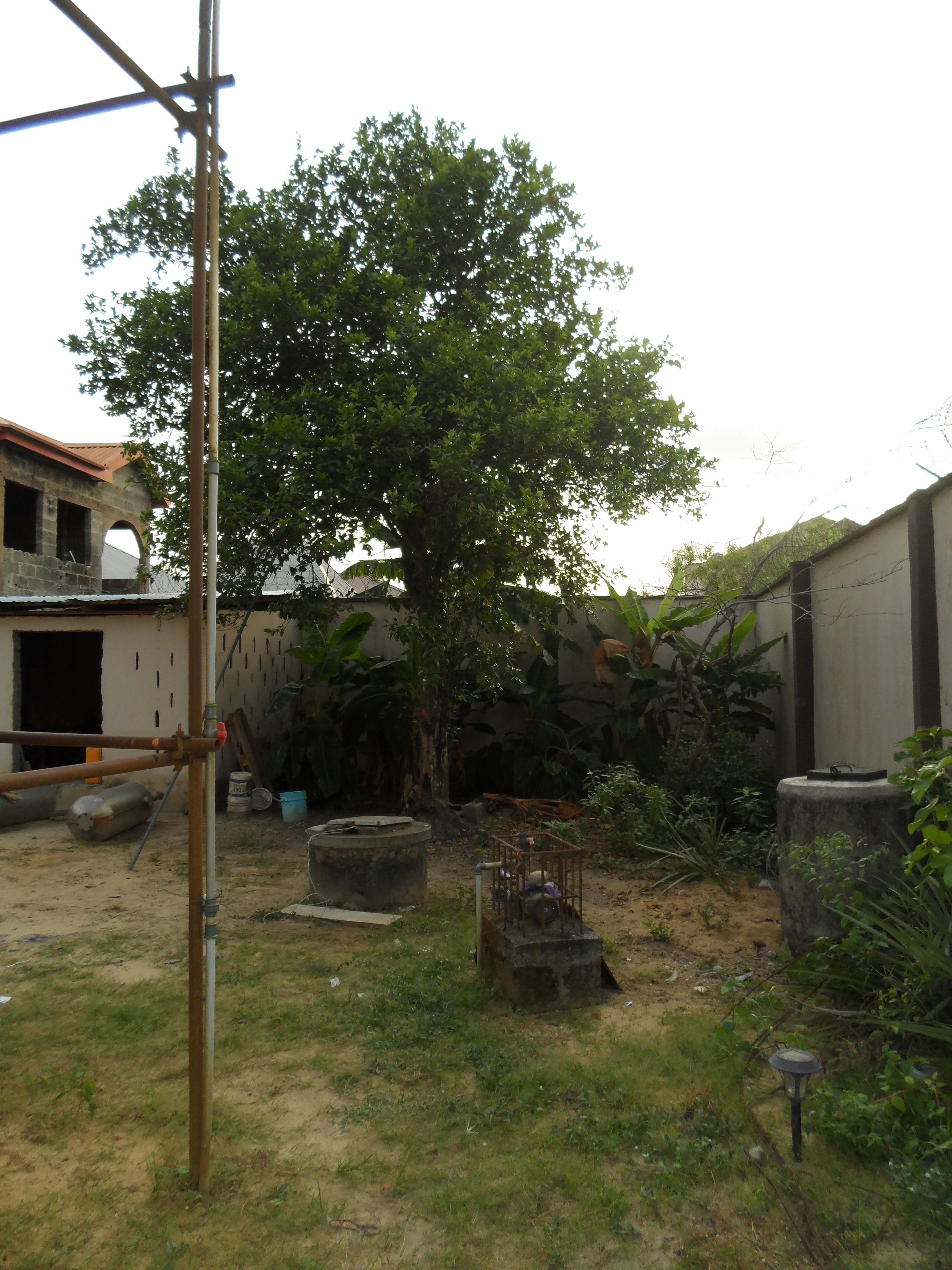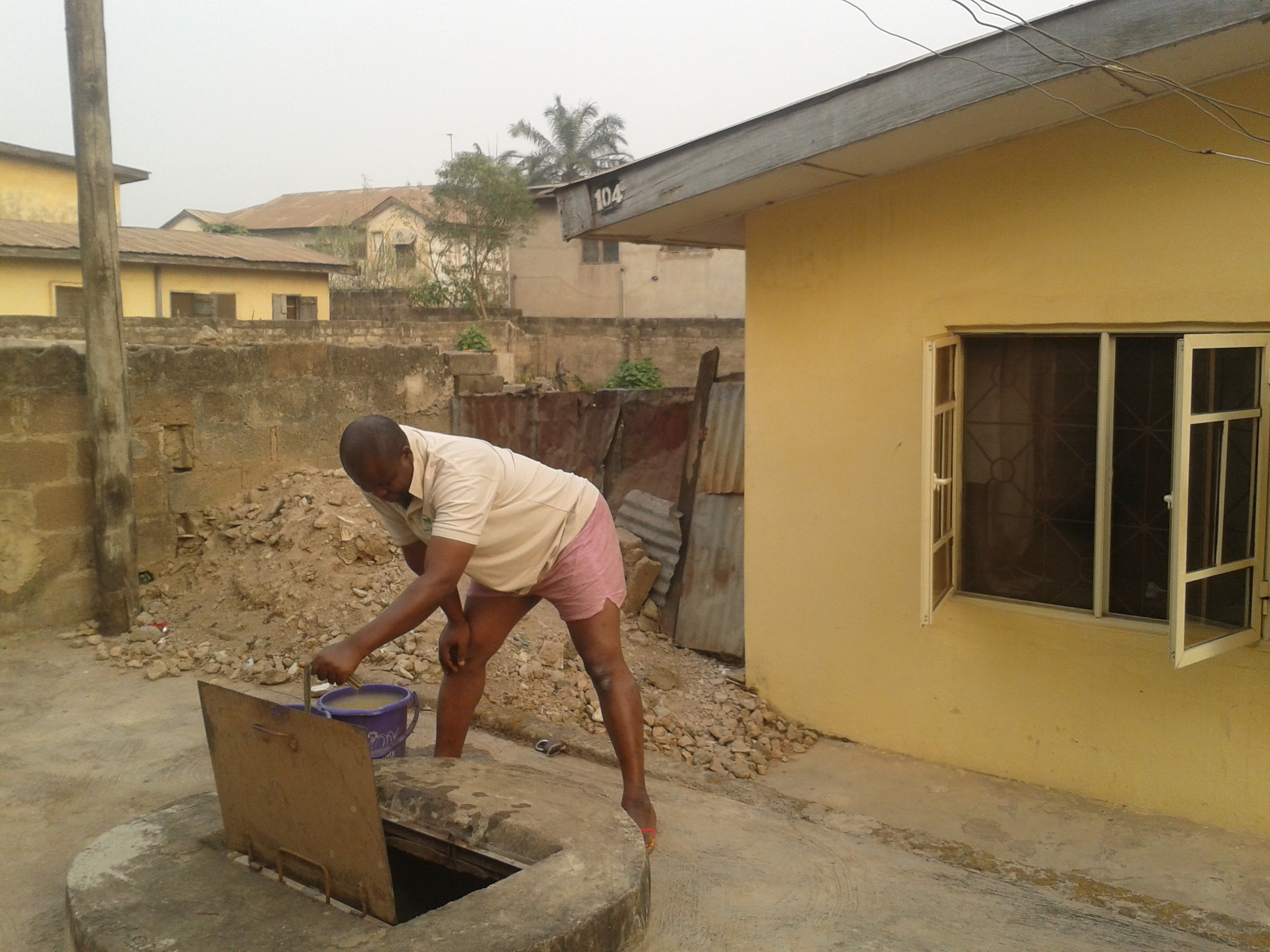Ìjọba Ológun àkọ́kọ́ ni abẹ́ Olóògbé Ọ̀gágun Aguiyi Ironsi, da gbogbo ipinlẹ̀ pọ si abẹ́ Ìjọba àpapọ̀. Ki wọ́n tó dá àwọn ipinlẹ̀ pọ̀, àwọn ipinlẹ̀ ndàgbà sókè gẹ́gẹ́ bi ohun ti ó ṣe kókó fún wọn. Ipinlẹ̀ Ìwọ̀-Oòrùn, ti ẹ̀yà Yorùbá ngbé, ni ìgbéga ni abẹ́ Olóri Òṣèlú Ipinlẹ̀, Olóògbé́ Olóyè Ọbáfẹ́mi Awólọ́wọ̀ àti ẹgbẹ́ Òṣèlú rẹ. Wọ́n pèsè ohun amáyédẹrùn igbàlódé bi ilé-ìwòsàn ọ̀fẹ́, ilé-iwé ọ̀fẹ́, ọ̀nà gidi, omi mi mun, iná mọ̀nàmọ́ná àti bẹ́ ẹ̀ bẹ́ ẹ̀ lọ ni gbogbo agbègbè ilẹ́ Yorùbá. Eleyi jẹ ki Yorùbá ri ohun mu yangàn.
Yàtọ̀ si Ìjọba Ológun lábẹ́ Ọ̀gágun Yakubu Gowon, ti ó lo ọ̀pọ̀ owó epo rọ̀bì dáradára lati pèsè ohun amáyédẹrùn ti igbàlódé ti ilú ngbádùn titi di ọjọ́ oni, ọ̀pọ̀lọpọ̀ àwọn Ìjọba Nigeria yókù ti ó ré kọjá lábẹ́ Ológun àti Òṣèlú kùnà nipa ipèsè ohun amáyédẹrùn fún orilẹ̀ èdè nitori iwà ibàjẹ́.
Gẹ́gẹ́ bi ọ̀rọ̀ ti ó sọ wi pé “Ni ilú afọ́jú, olójú kan lọba”, laarin Ìjọba àpapọ̀, nitori iwà-ibàjẹ́ ọ̀pọ̀lọpọ̀ ọdún, a lè sọ wi pé àwọn ipinlẹ̀ Ìwọ̀-Oòrùn, Èkìtì, Èkó, Ògùn, Ondó, Ọ̀ṣun àti Ọ̀yọ́ ṣe dáradára nipa ipèsè ohun amáyédẹrùn. Àmọ́, ‘ilọsiwájú’ yi kò tó nkankan lára ogún ti Olóògbé Olóyè Awólọ́wọ̀ ṣe silẹ̀. Kò si ipèsè ohun amáyédẹrùn pàtàki omi mi mun ni àwọn agbègbè tuntun lai yọ àdúgbò ọlọ́rọ̀ silẹ̀. Eleyi ló sọ gbi gbẹ́ ihò fún omi àti kànga lati wá omi fún mi mun di àṣà.
- Kànga àti Kànga-dẹ̀rọ – Well & Borehole. Courtesy: @theyorubablog
- Fi fa kànga – Fetching water from the well. Courtesy: @theyorubablog
Àwọn ipinlẹ̀ Yorùbá́ ti gbádùn ohun amáyédẹrùn igbàlódé fún ọjọ́ ti pẹ́, nitori èyi ni a ṣe mbẹ̀ àwọn Gómìnà ipinlẹ̀ Yorùbá pé ki wọn pèsè ‘’omi mi mun’ fún ará ilú gẹ́gẹ́ bi ẹ̀tọ́ lati dá àṣà gbi gbẹ́ ilẹ̀ bi ti Òkété lati wa omi ti kò ṣe e mu ni ọ̀pọ̀ igbà.
ENGLISH TRANSLATION
The unitary system of government was introduced during the first military government under late General Aguiyi Ironsi, merging all the regions under the Federal Government. Before the merger, each region grew according to their priority. The Western Region occupied by the Yoruba speaking people made good progress under the leadership of the first Premier of Western Region, late Chief Obafemi Awolowo and his team. They provided modern infrastructure such as free health care, free education, good roads, safe water, electricity etc throughout the Western Region. This made the Yoruba people very proud.
With the exception of military government led by General Yakubu Gowon that used the oil boom to provide most of the modern infrastructure being enjoyed in Nigeria till today, most of the subsequent governments, both military and democratic dispensation have failed the people in terms of provision of basic infrastructure as a result of corruption.
Under the current democratic dispensation, as the saying goes, ‘In the country of the blind, one-eyed man is the king’, the Western States made up of Ekiti, Lagos, Ogun, Ondo, Osun and Oyo were said to have made progress in terms of provision of basic infrastructure for their electorate in the midst of years of corruption. However, this so called ‘progress’ is a far cry in comparison to the Awolowo legacy. Provision of basic infrastructure is lacking in the new development areas including the affluent areas, especially ‘safe water’. This has made digging of boreholes and well for private provision of water the norm.
Yoruba people have enjoyed modern infrastructure for a long time, hence the appeal to the Governors of Western States to provide ‘safe water’ for the people to prevent the current trend of digging of holes like bush rat in search of water which is not often potable.
Originally posted 2016-09-02 19:00:18. Republished by Blog Post Promoter





Omi mímọ́ ṣe pàtàkì gan an ni fún àwọn ọmọ Yorùbá. Lagbára Ọlọ́run Ọlúwa máà pèsè.